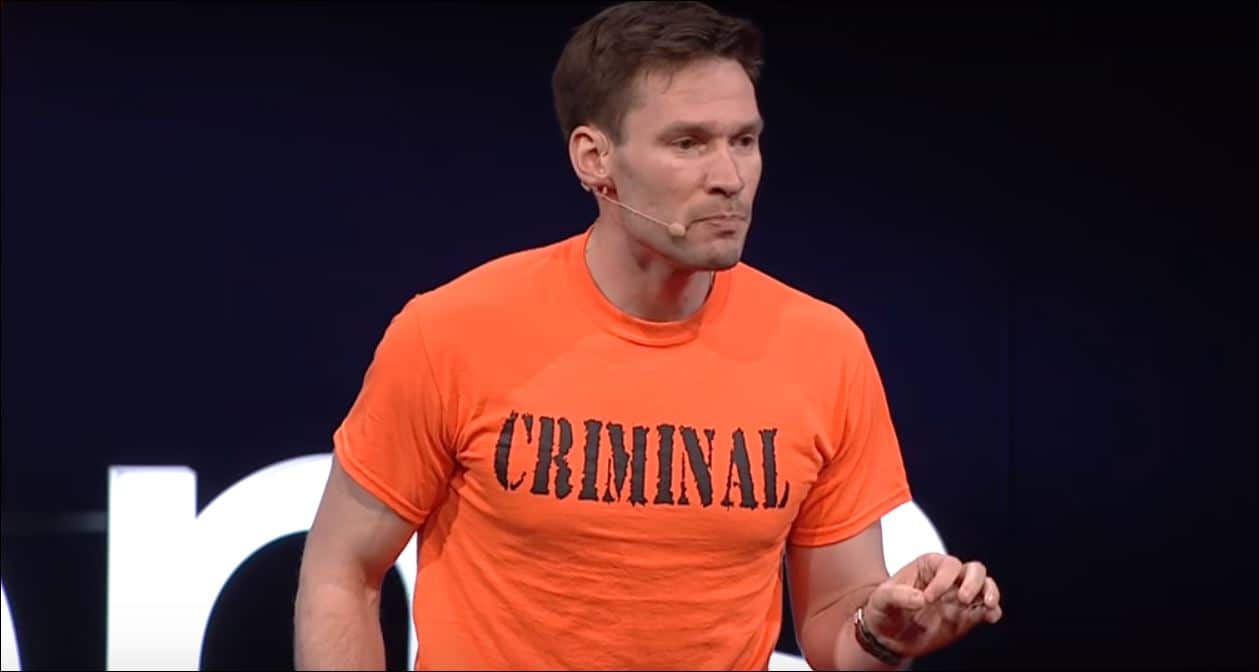This is a guest post by Tom Gash (@Tom_Gash) who introduces his TED talk on how crime prevention may be a more effective response to crime than any amount of desistance work. Many readers will already know Tom from his book: Criminal: the truth about why people do bad things which successfully deconstructed many of the myths about crime and offending promoted by politicians of all persuasions.
Manipulating the moments that turn us into criminals
The past 30 or so years have seen incredible advances in our understanding of crime and how to prevent it. One of the most consistent research findings is that we can prevent crime by reducing the temptations and provocations to crime that exist in our society, subtly influencing criminal calculations through environmental and social design. We can do so without creating monstrously ugly security devices – most successful security improvements have been nearly invisible – and we can do so without resorting to the largely ineffective ever-tougher sentences advocated by large sections of the media.
In this TED talk, presented in Athens this summer, I share what I think are some of the most compelling stories of crime prevention from recent years and put forward the argument that it is tailored, opportunity-reducing approaches to crime that are a major reason for large falls in crime across developed countries since the early 1990s. Online crimes are still on the rise, of course (no one has yet closed off the easy opportunities for crime online!) but this is an unsung achievement, not just of governments but of businesses and citizens who have taken an array of steps to improve our safety.
To me, it is obvious that we should invest much more in preventing crime than in punishing it. But the truth is that few countries invest in prevention with anything like the enthusiasm they devote to detecting and punishing crime. In a world of finite budgets and a vocal media, the easy political option is to promise ‘tough action’ – more cops, bigger prisons – rather than working collaboratively with businesses, communities and a wide range of government agencies to prevent crime in the first place.
Those who urge more punitive responses to crime, rather than these tailored preventative approaches to crime often claim they have the moral high ground. Their response to crime signals their condemnation, and their moral superiority over those who have committed crime. Yet what could more immoral than pursuing policies that leave us less safe? What could be more immoral than designing society in a way that provides boundless criminal temptations, leading people towards wasted lives languishing in the criminal justice system? Of course, crime cannot be ignored and merits punishment. But if we could put more energy into preventing crime in the first place, we would have many fewer crimes to punish.
Blog posts in the Criminal Justice category are kindly sponsored by Get the Data which provides Social Impact Analytics to enable organisations to demonstrate their impact on society. GtD has no editorial influence on the contents of this site.








